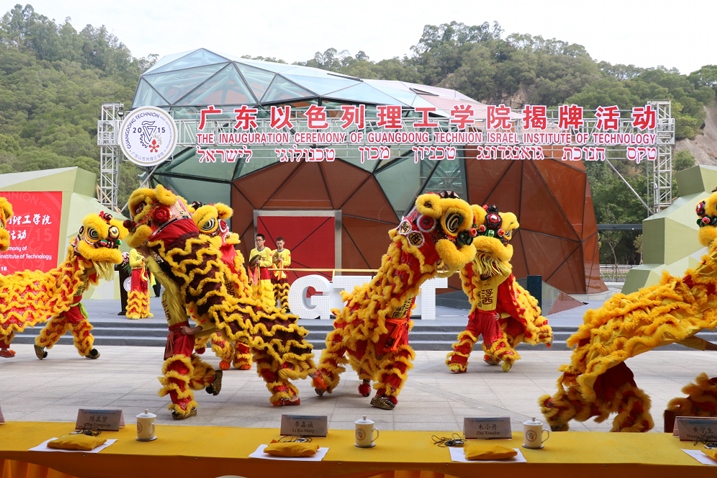The Technion’s First Virtual Board of Governors Meeting Showcases the University’s Prowess
The State of the Technion is strong, despite, or perhaps because of, the hardships caused by the coronavirus pandemic. That was one of the key take-aways from the Technion Board of Governors Meeting (BOG) held in a members-only session July 26 and a public session August 2, 2020, conducted virtually.
Just one week before the Technion was preparing to start the spring semester, Israel went on lockdown due to COVID-19. “With typical flexibility and resourcefulness in time of emergency, the Technion switched from frontal to online teaching,” Professor Uri Sivan, President of the Technion said. Online teaching then had to be supplemented with online testing and assessment. And the research front? “As the crisis accelerated, so did the Technion spirit of innovation,” said Prof. Sivan.
Within weeks, more than 50 labs across campus were applying their knowledge and research capabilities to fight COVID-19. The faculty initiated dozens of collaborations with hospitals and fellow research institutions in fields ranging from artificial intelligence and drug delivery to personal protective equipment for frontline medical workers. “Some (COVID-19-related innovations) went from the drawing board to deployment in hospitals in Israel and the U.S. in just two months,” said Prof. Sivan, holder of the Bertoldo Badler Chair in Physics.
All of this was made possible by the generous outpouring of support for new COVID research and students who lost their jobs and other financial support due to the pandemic. “We established the Student Emergency Fund together with Technion societies in Israel and around the world. The response was immediate and overwhelming. And we thank you all deeply,” President Sivan said. “I’m proud to report that support provided to Technion students and families was unprecedented among Israeli universities.”
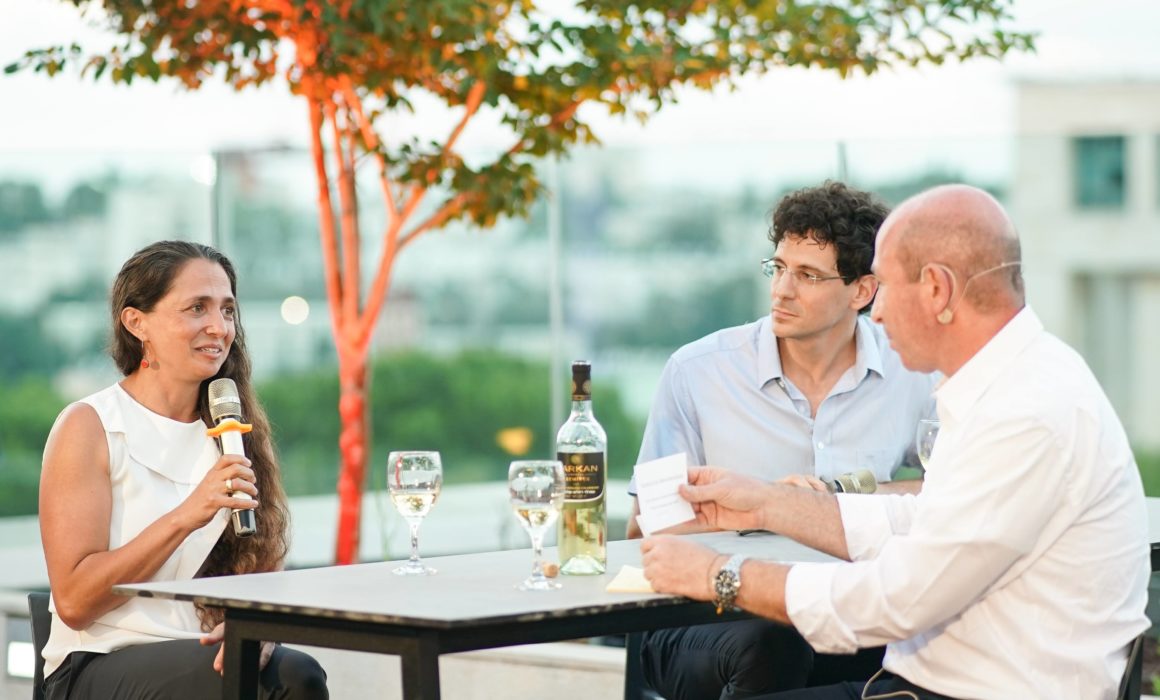
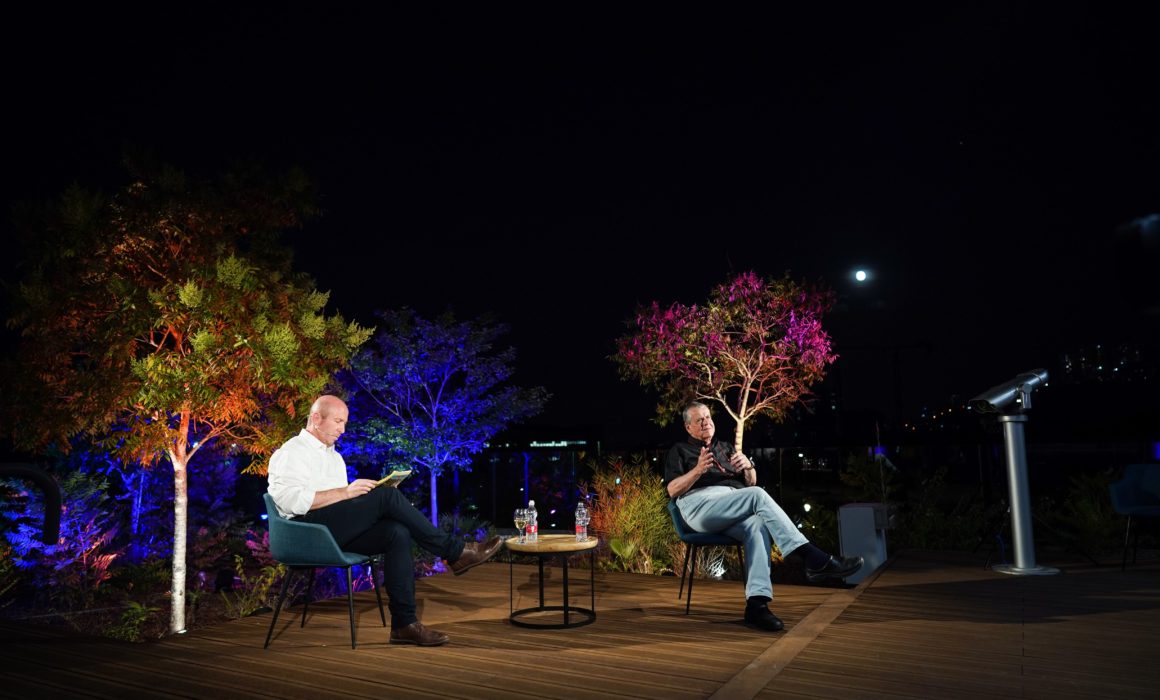
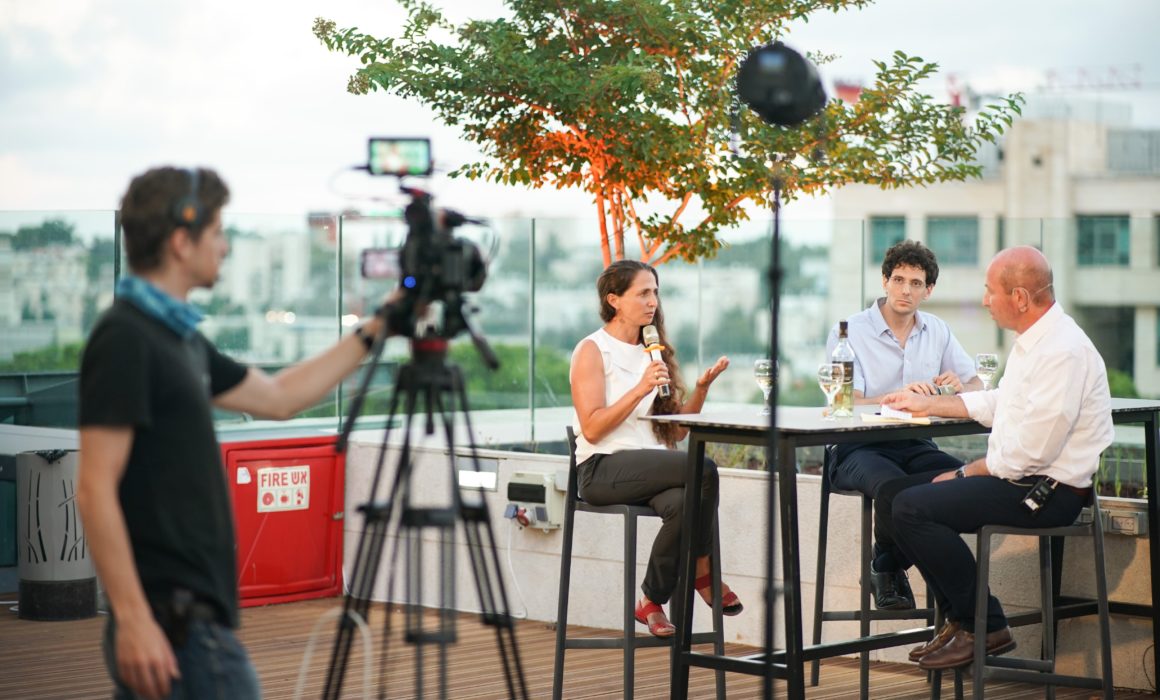
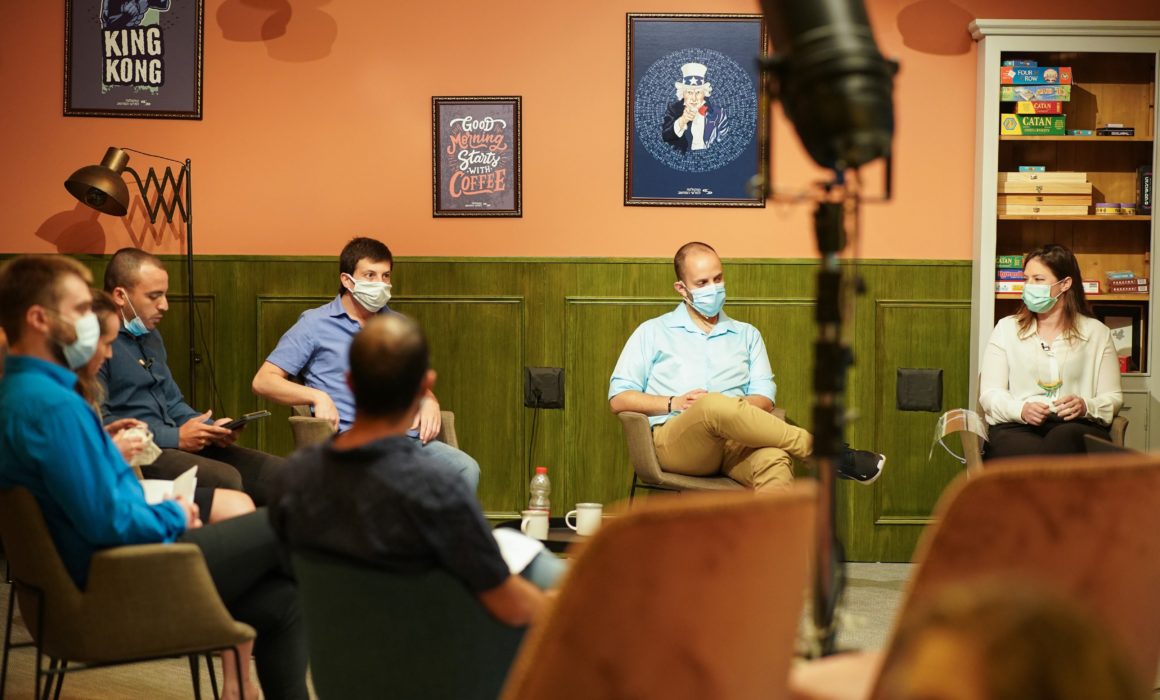
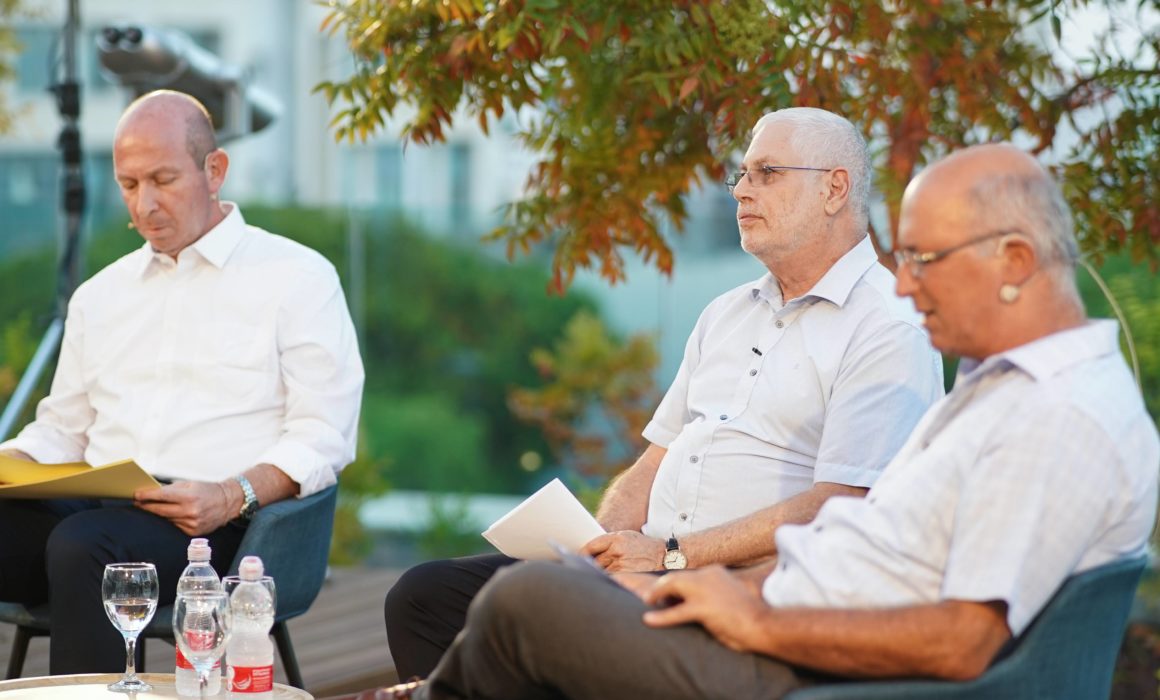
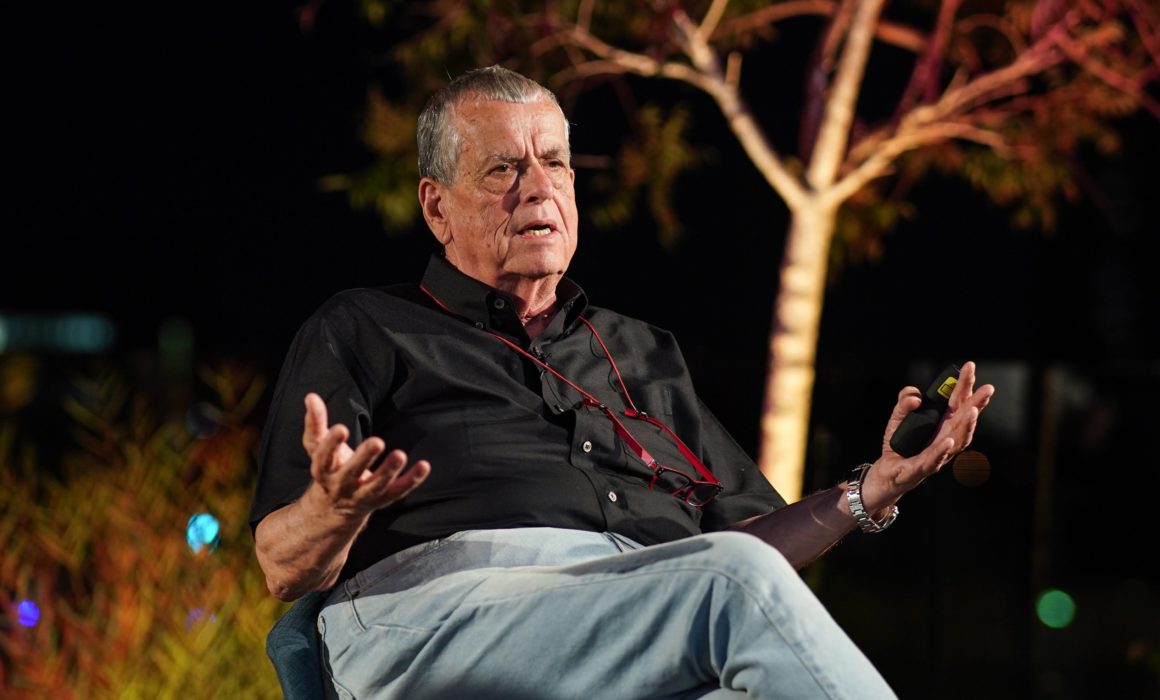
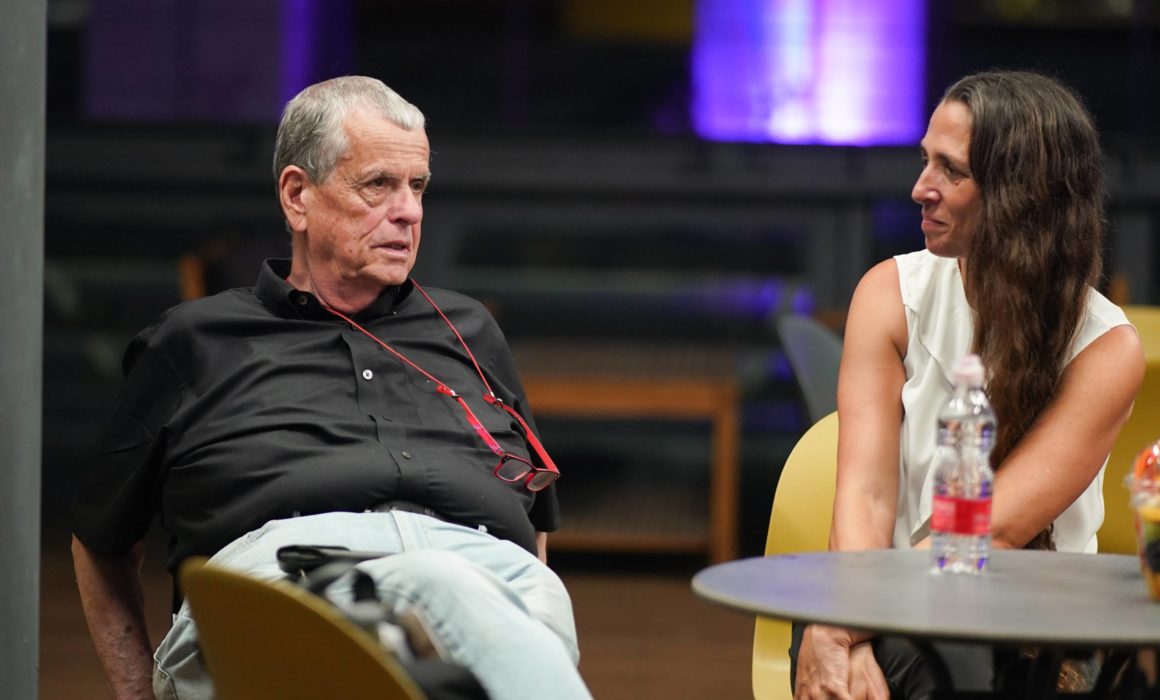
In another measure of the Technion’s health, the administration was able to move forward with its new strategic plan. “When the pandemic struck, paradoxically, it was as if someone had pressed the fast forward button and the importance of our strategic directions increased dramatically overnight,” President Sivan said. The plan includes:
- Restructuring research to address the grand challenges of the 21st Century
- Cultivating student leadership and entrepreneurial skills
- Developing a new ecosystem between academia and industry
Co-hosts President Sivan and Professor Alon Wolf, vice president for external relations and resource development, opened the August 2 session from the rooftop terrace of the Henry and Marilyn Taub Technology Center, home to the computer science faculty. With heartfelt gratitude to the Taub family for its continuous and most recent support for computer science, President Sivan said: “One of the most important resolutions adopted at the Board of Governors meeting was renaming the faculty the Henry and Marilyn Taub Faculty of Computer Science.”
Henry Taub, a former ATS national president, and his wife Marilyn, first became engaged with the Technion in the 1960s, “and their children have been supportive and generous partners ever since,” President Sivan said. “The Henry and Marilyn Taub Faculty of Computer Science recently celebrated its 50th anniversary, a period of remarkable achievements, and we are all proud of its continued success. The most recent support from the Taub family will help the faculty to continue to expand and lead the field of computer science in Israel and worldwide.”
Profs. Sivan and Wolf were joined by Professor Dan Geiger, dean of the Henry and Marilyn Taub Faculty of Computer Science, who emphasized the Taub family’s long-standing support and vowed to further the faculty’s success. The Henry and Marilyn Taub Faculty of Computer Science excels in research and has more European Research Council grants than any other computer science department in Israel, Dean Geiger said. “We pledge that we shall not rest on our laurels . . . that we continue to be worthy of the remarkable trust that you have put in the Technion and the computer science department.”
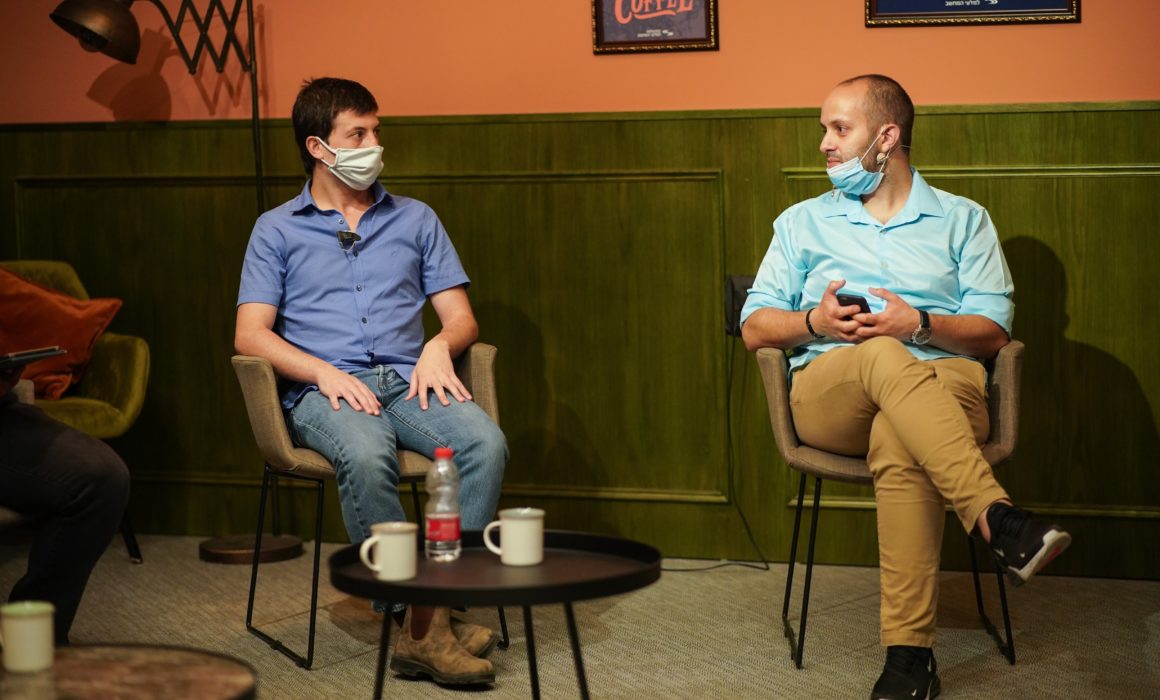
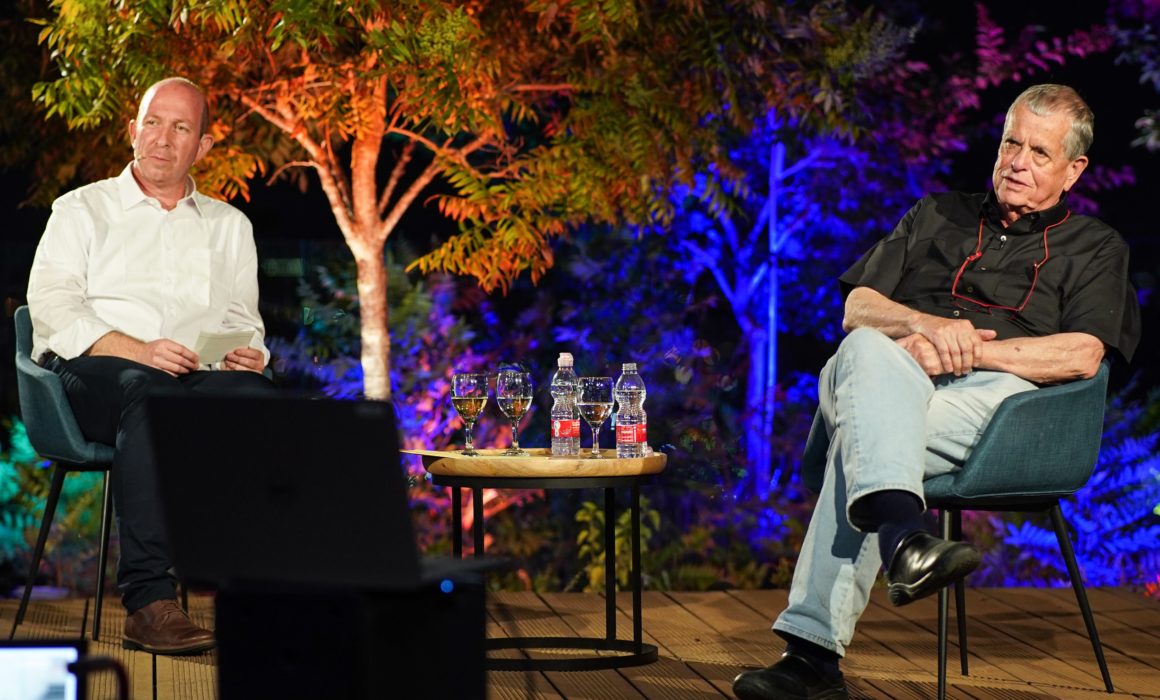
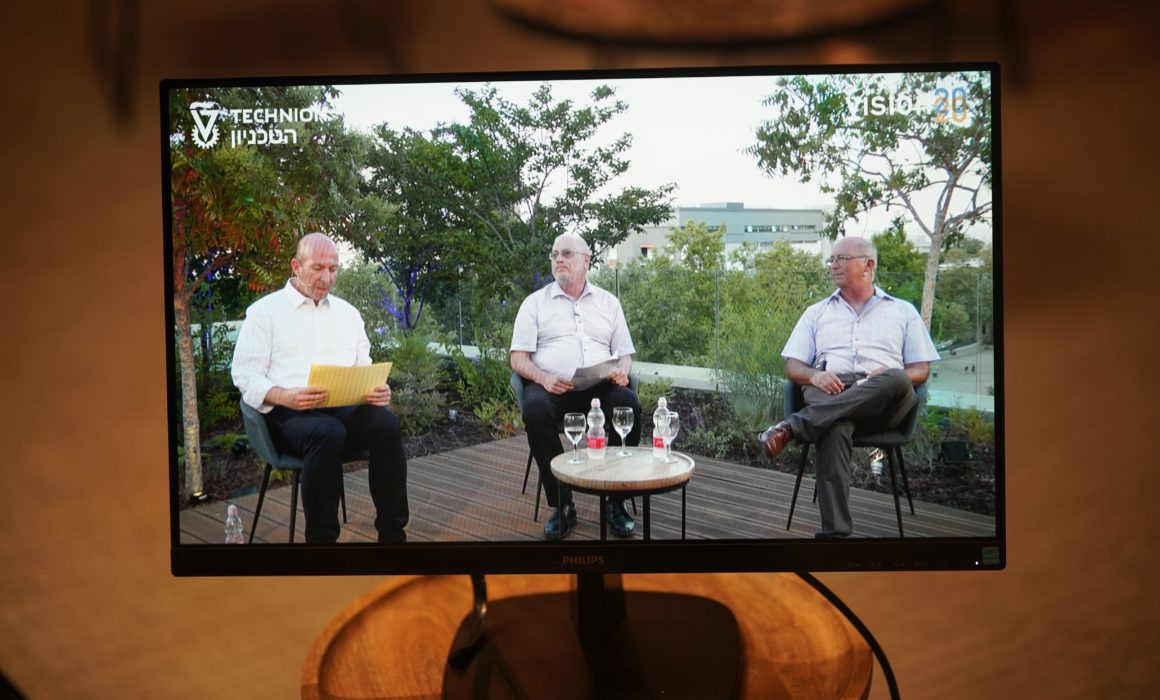
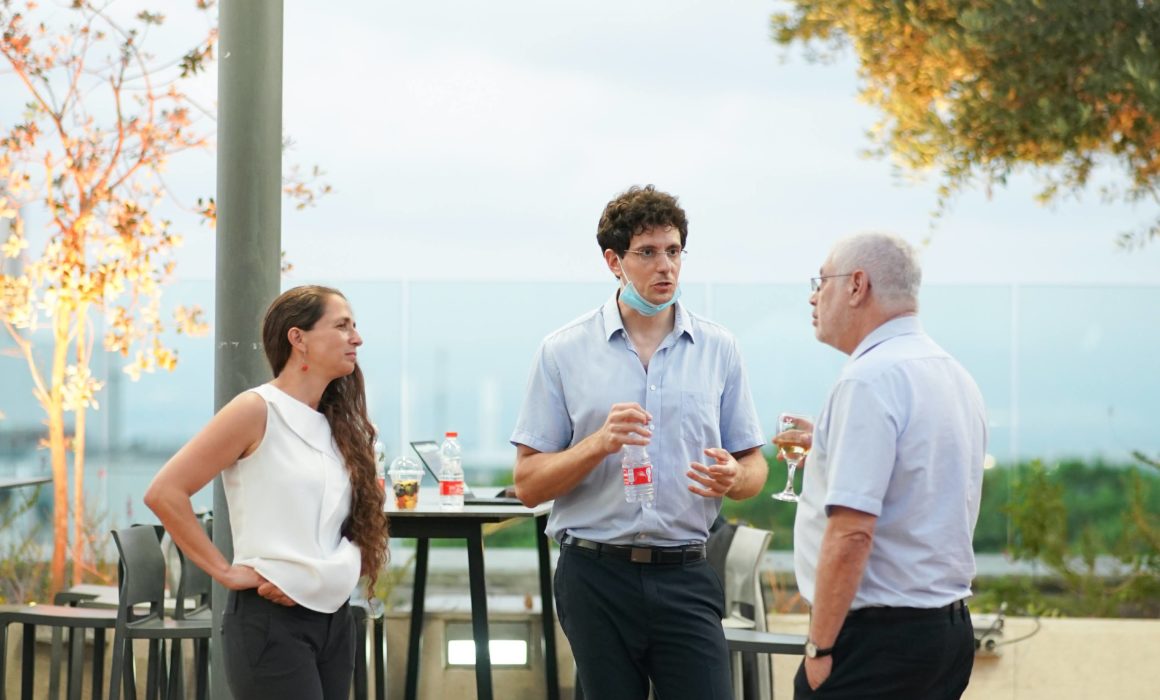
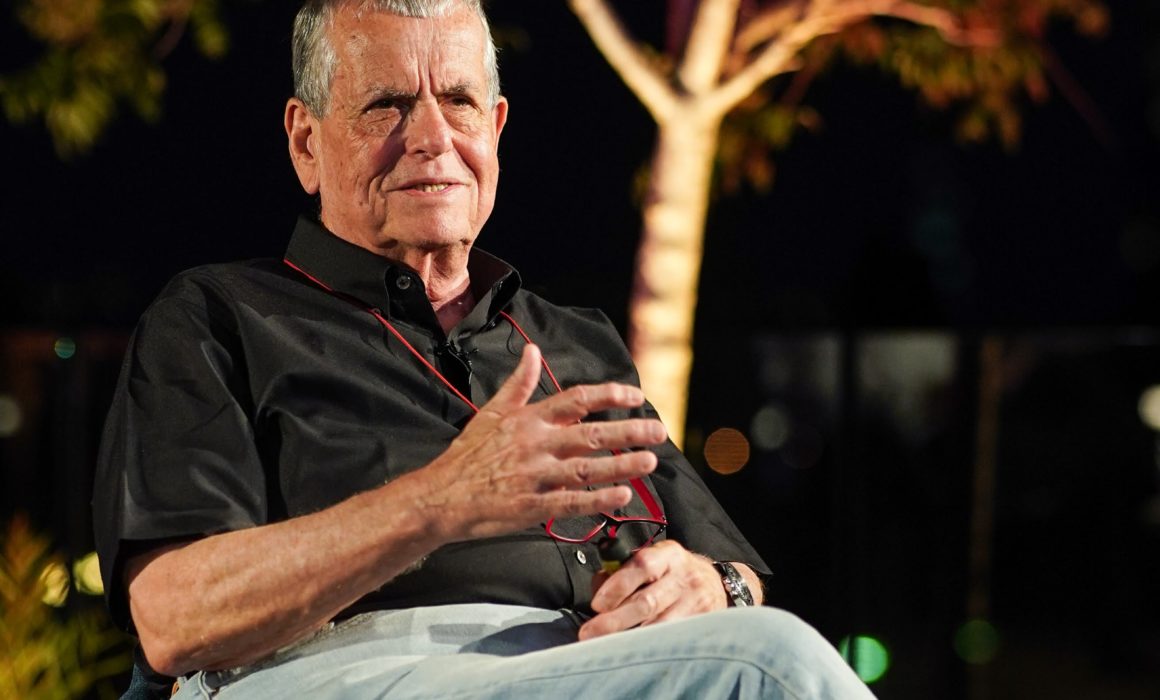
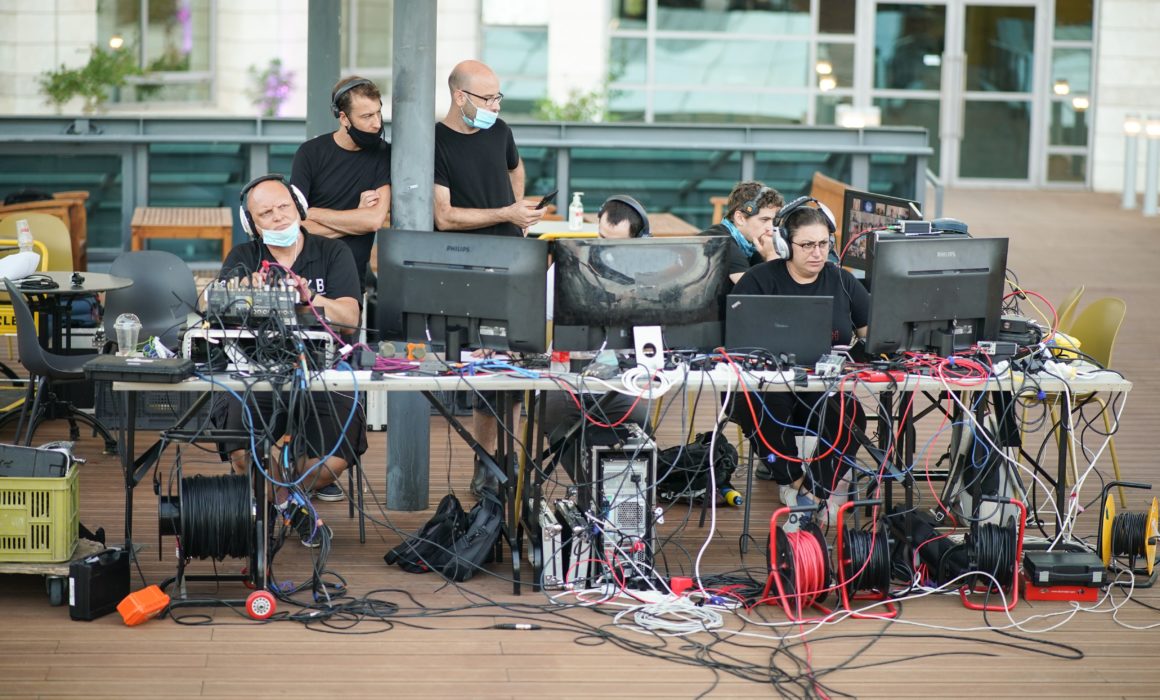
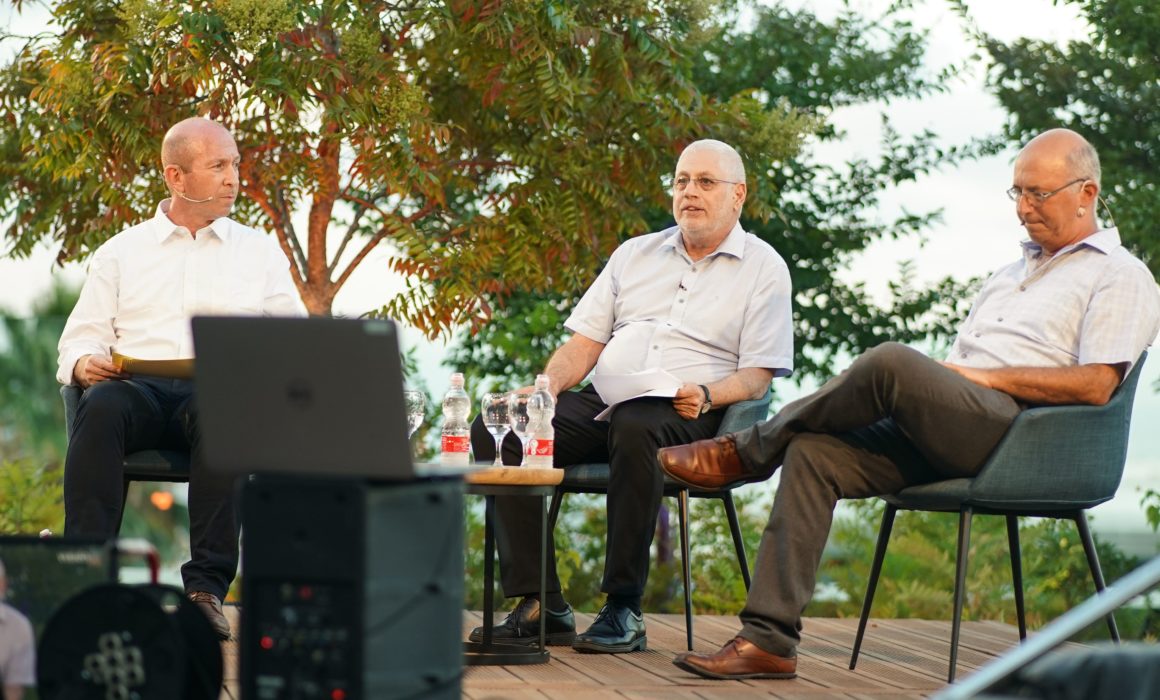
Given the virtual aspect of the meeting, the Technion found creative ways to bring the campus to BOG participants, starting with a video tour of faculty labs. Professor Ido Kaminer, a faculty member of the Andrew and Erna Viterbi Faculty of Electrical Engineering and the Solid State Institute, brought viewers inside the Robert and Ruth Magid Electron Beam Quantum Dynamics Lab, which houses an ultrafast transmission electron microscope. Prof. Kaminer discussed using the microscope, among the latest and most versatile of its kind in the scientific world, to see for the first time ever how light flows inside a tiny photonic crystal. He also talked about developing methods to use ultraviolet and laser light to kill viruses like the coronavirus. Prof. Kaminer is also affiliated with the Helen Diller Quantum Center and the Russell Berrie Nanotechnology Institute.
Professor Naama Geva-Zatorsky of the Ruth and Bruce Rappaport Faculty of Medicine toured her lab in the Technion Integrated Cancer Center (TICC), focused on the gut-brain axis, a new field that studies the interaction between gut bacteria and the brain. Introducing her lab partners, she discussed their work in using gut bacteria to treat cancer, exploring communication between gut bacteria and the immune system, and even developing a new test kit for the coronavirus. “The Technion is a great place to work — a lot of collaboration, a lot of expertise. I really feel we’re at the cutting edge of science worldwide,” she said. Prof. Geva-Zatorsky’s work receives support from the Crown Family Foundation, the Applebaum Foundation, and the Technion COVID-19 Research Fund.
Another BOG highlight was Operation COVID-19, a live student panel held in The Taub Family Student Learning Center, where several students shared their experiences during the pandemic. Ultra-Orthodox student Mendel Bench Shmuel talked about his journey from the yeshiva to the Technion and contracting COVID-19 along the way. “I arrived at the Technion without any background to start my academic studies, just my suitcase,” said Shmuel, who like most ultra-Orthodox did not receive a secular education. The Pre-University Center, supported by the Velva G. and H. Fred Levine Second Chance Program, filled the academic gap, allowing him to enter the Andrew and Erna Viterbi Faculty of Electrical Engineering. Just days into the spring semester Shmuel fell ill and was hospitalized for 12 days. “During that time, I felt much love from everyone. When I was released, after losing time for the semester, I was glad to be able to postpone my exams.”
Other students talked about the TSA’s organization of more than 100 students to deliver groceries and visit self-isolating seniors in the Haifa community. The volunteers helped their peers navigate Zoom learning, and donated computers to children in need to continue school remotely. The TSA also organized board game tournaments, Zoom pajama parties, and a music playlist to help students keep in touch with one another. And medical students volunteered to test for COVID-19, and manufactured 3D-printed protective face shield for frontline medical workers.
Nobel Laureate Aaron Ciechanover of the Ruth and Bruce Rappaport Faculty of Medicine, closed the Board of Governors meeting with the broad-ranging, thought-provoking presentation: “Science and Ethics During Corona Times: New-Old Challenges.” Distinguished Professor Ciechanover discussed ethical questions raised by the pandemic such as who receives ventilation and who is left behind when respirators are in short supply. What treatments are postponed to free up hospital rooms for coronavirus patients.
But technological advances in DNA, in vitro fertilization, genetic testing and other aspects of medicine “started people thinking about ethics decades ago,” he said. Who decides when to end life support; what diseases warrant discarding an embryo? When does a healthy person become a patient in a time when blood tests can detect cancer or Alzheimer’s years before symptoms emerge?
“We have huge ethical gaps, and in the end, there is not one solution,” Prof. Ciechanover said. Neither the patient, doctor, scientist, clergyman, or politician should make these ethical decisions alone, he said. “We need them all to build a societal network to decide what’s ethical or unethical. And at the end of the day, it needs to be anchored in a legal system.” Bringing his thoughts back to the pandemic, he concluded: “If you want to take something positive out of COVID, it put the ethical problems in front of our mirror.”
Click on the video below to view the full BOG ceremony which includes the President of the Technion’s vision for the institution, interviews with key researchers and a presentation by Nobel laureate, Prof. Aaron Ciechanover.

